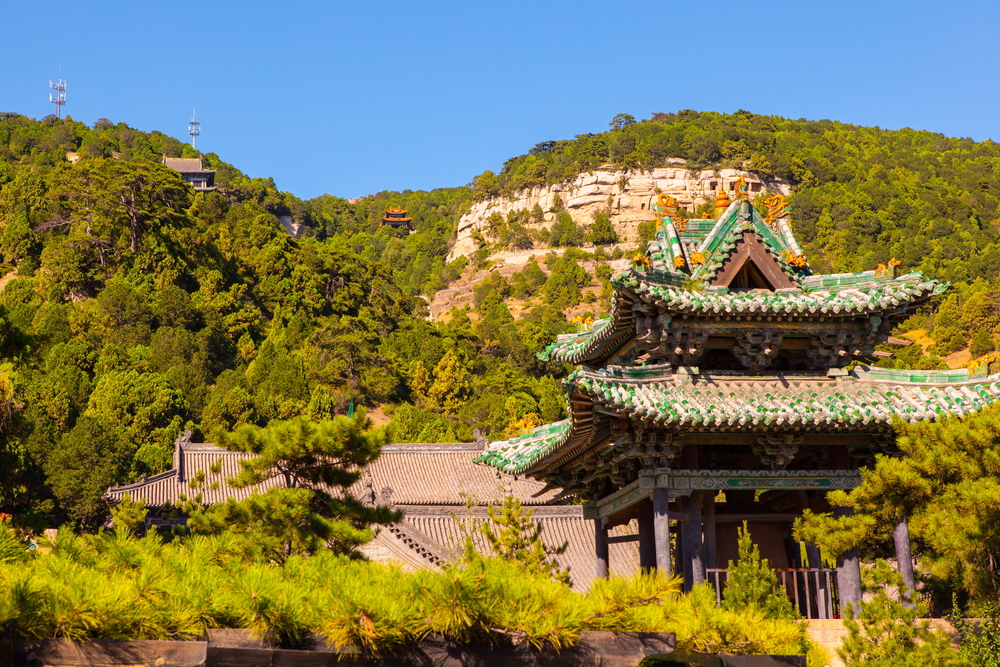Cloud tourism has taken over China as new means to explore the Mainland
The Ministry of Culture and Tourism also made a new policy, which involved the suspension of trips in areas where Covid-19 cases are prevalent
A trend that has recently come up during the Labour Day holiday in early May is called “cloud tourism,” which had become popular due to people not being allowed outside in fear of a resurgence in COVID-19 cases, according to Xinhua.
Through livestreaming, people can virtually go to tourist destinations without compromising their health.
Veteran tour guide Zha Liguo and hundreds of thousands of travellers enjoyed five stunning sunrises and sunsets over Huangshan Mountain, which is a UNESCO world heritage site in east China’s Anhui Province.
In less than a month, a live tour of Shanghai Wild Animal Park garnered more than 10 million viewers. During the Labour Day holiday, over 1 million people visited many cultural attractions, gorgeous vistas, and museums in Taiyuan, Shanxi Province, north China.
“The epidemic has made it hard for many people to travel far away. I hope to share the magnificent view of Huangshan Mountain in different seasons from my own perspective,” said Zha Liguo.
More: Mainland China finishes off Q1 with 4.8% economic growth
Huang Jie, deputy general manager of a local tourism company, added that apart from the landscape, the tour guides also take audiences closer to local traditional folk customs and intangible cultural heritage, saying “Compared with the traditional cursory tour, ‘cloud tourism’ can give them a much deeper understanding of a place.”
Virtual reality and internet influencers have become a new way to explore the world.
CGTN covered a survey conducted by the Social Survey Center of China Youth Newspaper, which revealed that out of 2,085 respondents, 74.8 percent prefer to travel online, 59.7 percent said they had a positive experience with virtual travel, and 84.1 percent said it enhanced their trip experience.
Meanwhile, the Ministry of Culture and Tourism made a new policy, which involved the suspension of trips in areas where Covid-19 cases are prevalent. The New Straits Times notes this as less rigorous than the former blanket rule, which involved travel operators stopping cross-provincial group trips if any minor areas inside the province got infected with a high or medium viral risk.
The Property Report editors wrote this article. For more information, email: [email protected].
Recommended
6 reasons Bekasi is rising as Greater Jakarta’s next hotspot
One of Greater Jakarta’s rising stars is prospering, thanks to ample recreation and a contingent of desirable housing projects
6 developments driving Asia’s green real estate shift
Developers are being incentivised to push a green agenda into daring new realms
The Philippines’ LIMA Estate drives sustainable industrial growth
LIMA Estate models a citywide vision that uplifts workers while appealing to climate-conscious employers
Malaysia property market rebounds with foreign interest and growth
The nation’s property market is stirring to life, fuelled by foreign buyers and major infrastructure drives








